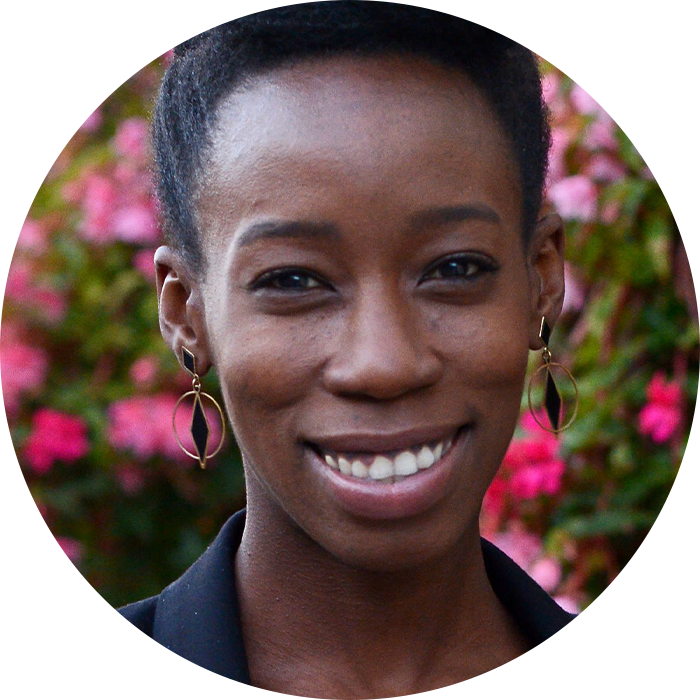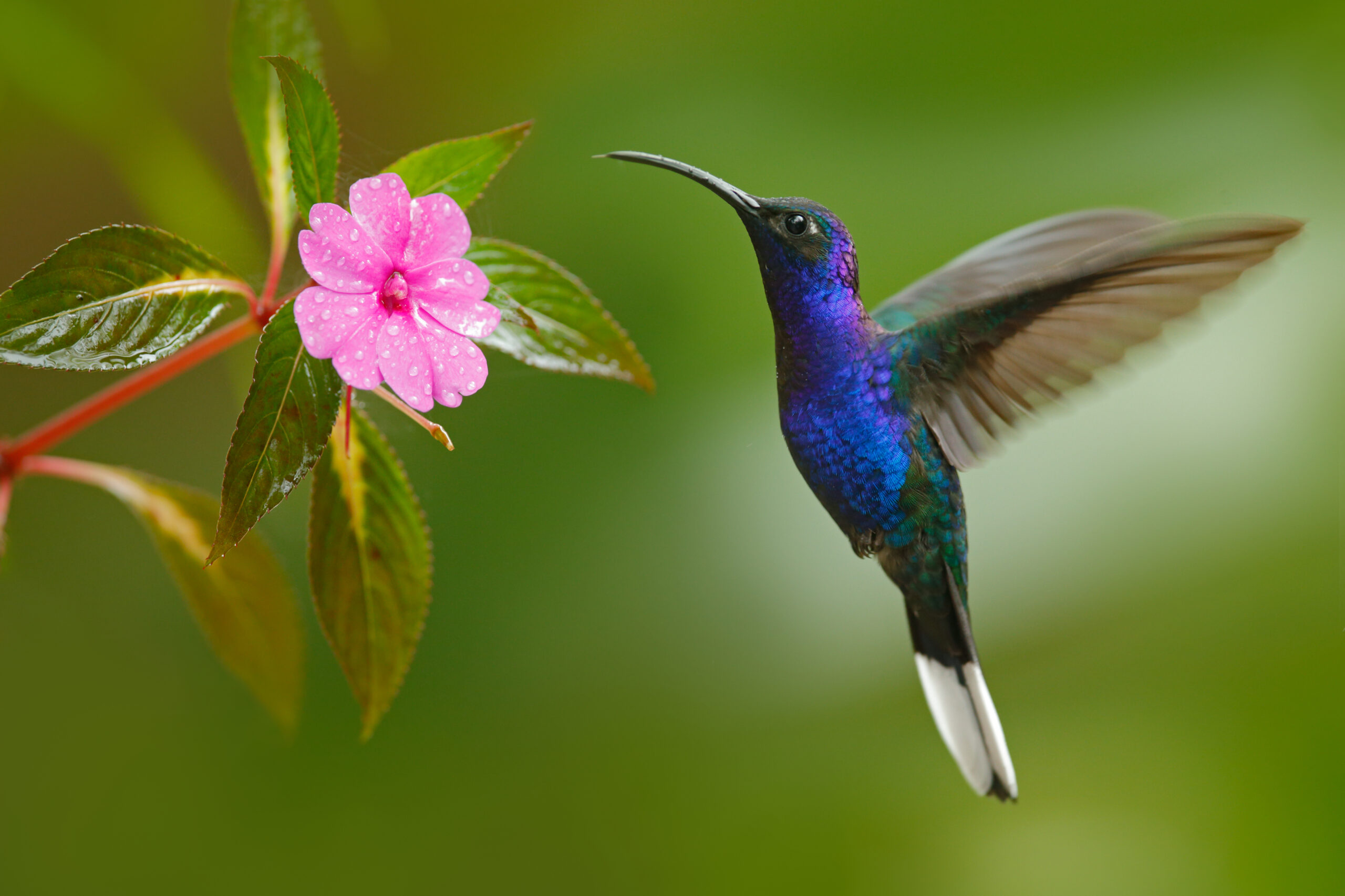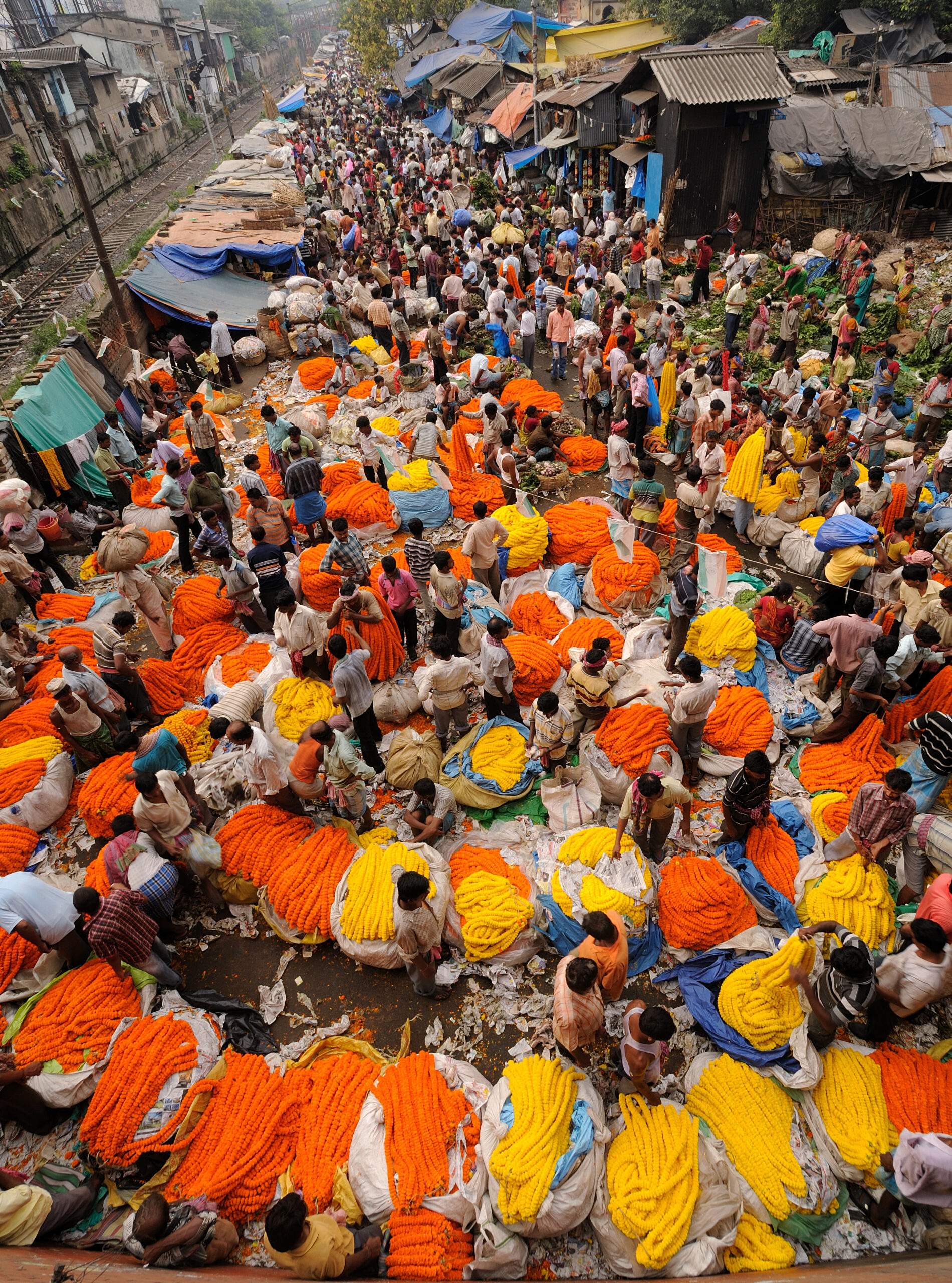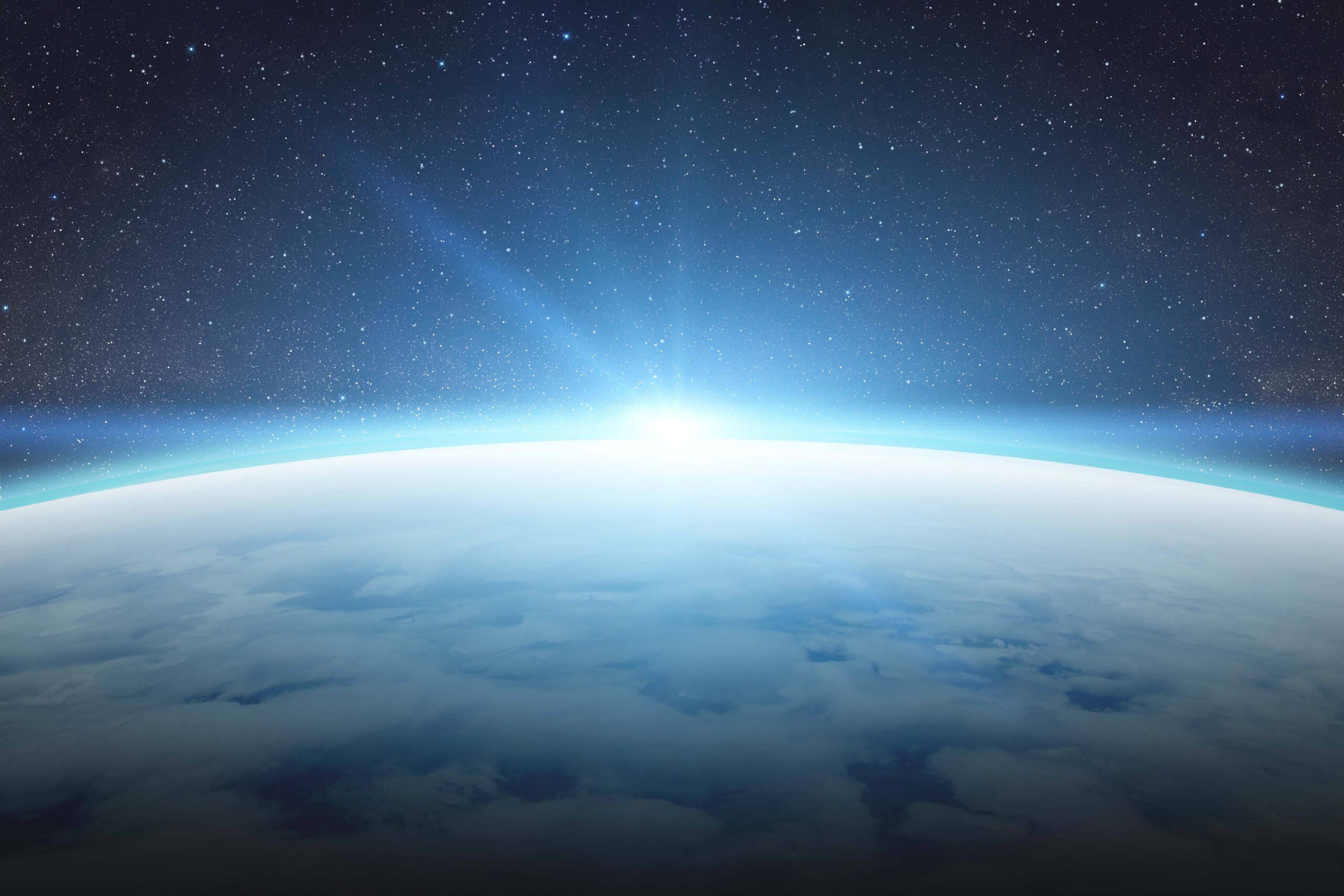We need wise leaders for the 1.5-degree world

How did you react when you heard the news from the IPCC that scientists now believe with 98% certainty that we will cross the 1.5-degree threshold sometime between now and 2027?
Speaking for myself, I felt two conflicting emotions:
Firstly, I tried to switch off from the overwhelming news. Secondly, I felt numbness. nothingness. I’ve seen so much of it that it feels normalized, even though it’s anything but normal.
As I paused and really paid attention to this piece of news, tears began to stream down my face. Tears for the injustice that those who will suffer the impact of this have contributed least to the cause.
Citizens of Earth
I’m a proud ‘third culture’ kid. Born in Japan, Nigerian by origin, and with very deep roots. I maintain a close relationship with my mom who is from a village in South Western Nigeria called Igbojaye. In her village some of the wealthier homes just got running water – sporadically — about five years ago. So, most people still walk several miles to the river to get water for daily use.
I was fortunate to move to the US on a scholarship for high school and then to the UK on a Master’s degree scholarship. I’m now a proud Londoner and mother to a two-year old Londoner who only knows life in London so far.
I share this to articulate that I am a ‘citizen of nowhere’, and proudly so, because I consider myself a citizen of Earth. Earth is my home because I’m fortunate to have had several places on Earth I’ve called home — some in the global north, some in the global South. And I hope — along with my son — to have many more.
As a citizen of Earth, I felt a deep sadness when the UN declared the damning news that the 1.5-degree world is coming and even a bit fearful. I have friends who have chosen not to have children because of the climate emergency. I’m confident in the motherhood path I chose but I do sometimes look at my son and wonder what the world will be like when he’s my age?
And because of that question, the much bigger feeling I have — stronger than my sadness and fear — is one of urgency. Of a fire in my belly to accelerate the transformation that I believe is already underway to change the global economy into a vehicle that delivers positive outcomes for people and nature.
What does a 1.5-degree world mean for you? For your home, your country, this world you are a part of?
I will be a Hummingbird
When I think about what is required of me and of each of us working on this challenge, I’m reminded of the story of the hummingbird; told so beautifully by Wangari Maathai — the first African woman Nobel laureate.
She and several women put their lives on the line to protect and restore Kenya’s nature. Those of you who have been to Nairobi know that there’s a beautiful urban forest called Karura right in the heart of the city. This forest exists thanks of the efforts of Wangari who suffered police brutality and death threats to protect it.
Asked how she found the courage to persevere, she tells the parable of a hummingbird in an African forest:
There is a huge forest fire, threatening to clear the whole forest. All the animals are standing by in fear and shock, and watching the forest burn. The elephant with its huge trunk. The cheetah with its fast legs. All standing by, panicked, watching. Except one little hummingbird.
The hummingbird is flying back and forth, from a local stream where it collects water in its tiny beak to the roaring fire where it drops the water. Back and forth, back and forth over and over — seemingly making no difference at all.
A lion asked the hummingbird, “what are you doing? You’re only a tiny hummingbird. What difference can you make?” And the hummingbird replied “I am simply doing the best I can”.
Do the best you can
Wangari says “I chose to be the hummingbird. We must all be the hummingbird. We cannot just stand by, no matter how overwhelming the challenge”. I agree, one hummingbird does not make a movement, but if we all — those with small beaks, and huge trunks — do what we can, I have NO doubt in my mind that change is not only possible but is already coming.
Why am I so convinced about that? Because we as human beings have made similarly difficult large-scale changes to the way we live in the past.
If you think our task is impossible, remember that 200 years ago, slavery was the basis of our global economy.
If you think our task is impossible, remember there was a time, merely 100 years ago, when I, a woman, would not have had the right to vote in most countries around the world.
Changing those systems seemed impossible. It was too lucrative, too baked into our economic models and too embedded in societal norms. It seemed unimaginable. And yet, here we are. And what seems unimaginable now is that these systems ever existed.
The second reason I believe change is coming is because I can see examples of the positive future that’s coming, everywhere. Let me give you some examples:
- For the first time ever in the UK, in Q1 of this year, wind turbines generated more electricity than gas. 42% of the UK’s electricity came from renewable energy and 33% came from fossil fuels.
- Amazonian deforestation is down 61% year on year.
- Kenya now generates 93% of its electricity from renewable sources, and is building the potential to power the world with clean energy, which could provide jobs and sustainable development for millions of people.
These statistics, plus economic signals, political signals and polls that represent what people want, are pointing in the right direction. Change is happening. The question is how we can make it happen faster? How can we make it happen fairly? And what is our role as leaders in accelerating that shift?
We need wise leaders
I’m a Partner at Leaders’ Quest, an organization dedicated to growing wise leaders for a regenerative future. I use the word ‘wise’ very deliberately.
As human beings, we have grown in what we can call our ‘cleverness’ at a remarkable rate. That is – our technical abilities. We’ve put a man on the moon. We’re on the cusp of the next wave of artificial intelligence that will transform the way we live.
But as our cleverness has increased exponentially, you can see a similar exponential increase in many of the world’s problems. Global temperature rise. Loneliness. Obesity. Deforestation. Inequality.
So, while we have grown in cleverness exponentially, our growth in what we might call “wisdom” has been much slower. It has flatlined.
What I have learned in 10 years of working on systemic global challenges, is that technical solutions are only part of the picture. As leaders, part of our task is to grow our ability to see this bigger picture. To develop our wisdom alongside our cleverness.
This starts with deepening our self-awareness and understanding how to see the world from multiple points of view. Understanding that our mindset really shapes how we see the world, can shape how we then choose to act as a result.
A 1.5-degree world is coming. We are failing our fellow human beings on that front. But it’s not too late to create the movement of clever and wise leaders that can change the trajectory of our future. And that movement begins with each and every one of us.


